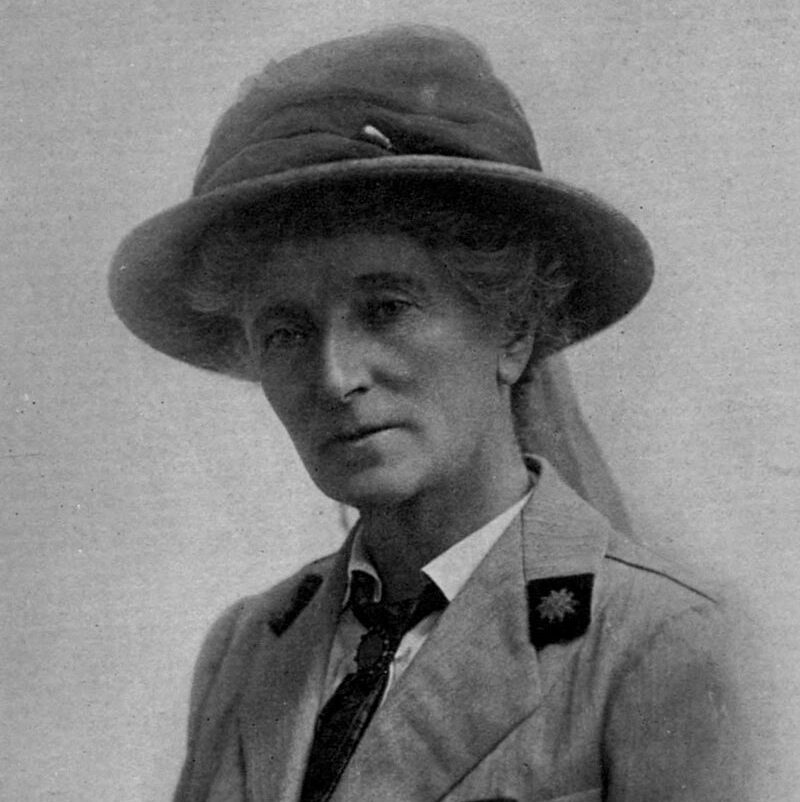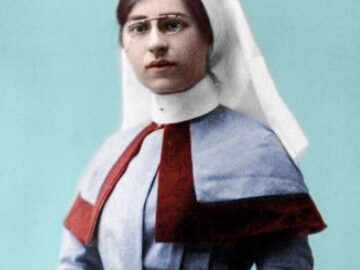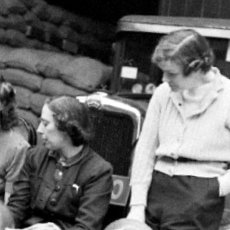Role: Women’s Emergency Corps

Katherine Harley was a suffragist. In 1913 she proposed and organised the Great Pilgrimage on behalf of the National Union of Women’s Suffrage Societies. During World War I she helped to found and organise the Women’s Emergency Corps.
In 1914 Harley volunteered to assist the war effort by serving as a nurse with the Scottish Women’s Hospitals for Foreign Service in France, where she was awarded the Croix de Guerre. She became director of the hospital located in the Abbaye de Royaumont, 40 kilometres north of Paris, from January to April 1915 and then directed the hospital installed under tents in the Domaine de Chanteloup, Sainte-Savine, near Troyes, from June to October 1915.
In late 1915 she transferred to Greece to nurse on the Balkan Front. In June 1916, she established a motorized ambulance unit attached to the Royal Serbian Army in Macedonia that operated near the front line, often at night, despite district orders to the contrary. In December 1916 she left the Scottish Women’s Hospitals service to join an independent ambulance unit serving the civilian population of Monastir, Serbia (now in the Republic of North Macedonia). She rented a house in Monastir after its capture, and it was there, on 7 March 1917, that she was killed by shellfire. She was buried on 10 March in the city of Salonika, her funeral attended by General Milne—the commander of the British forces in the Balkans—and George, Crown Prince of Serbia.





